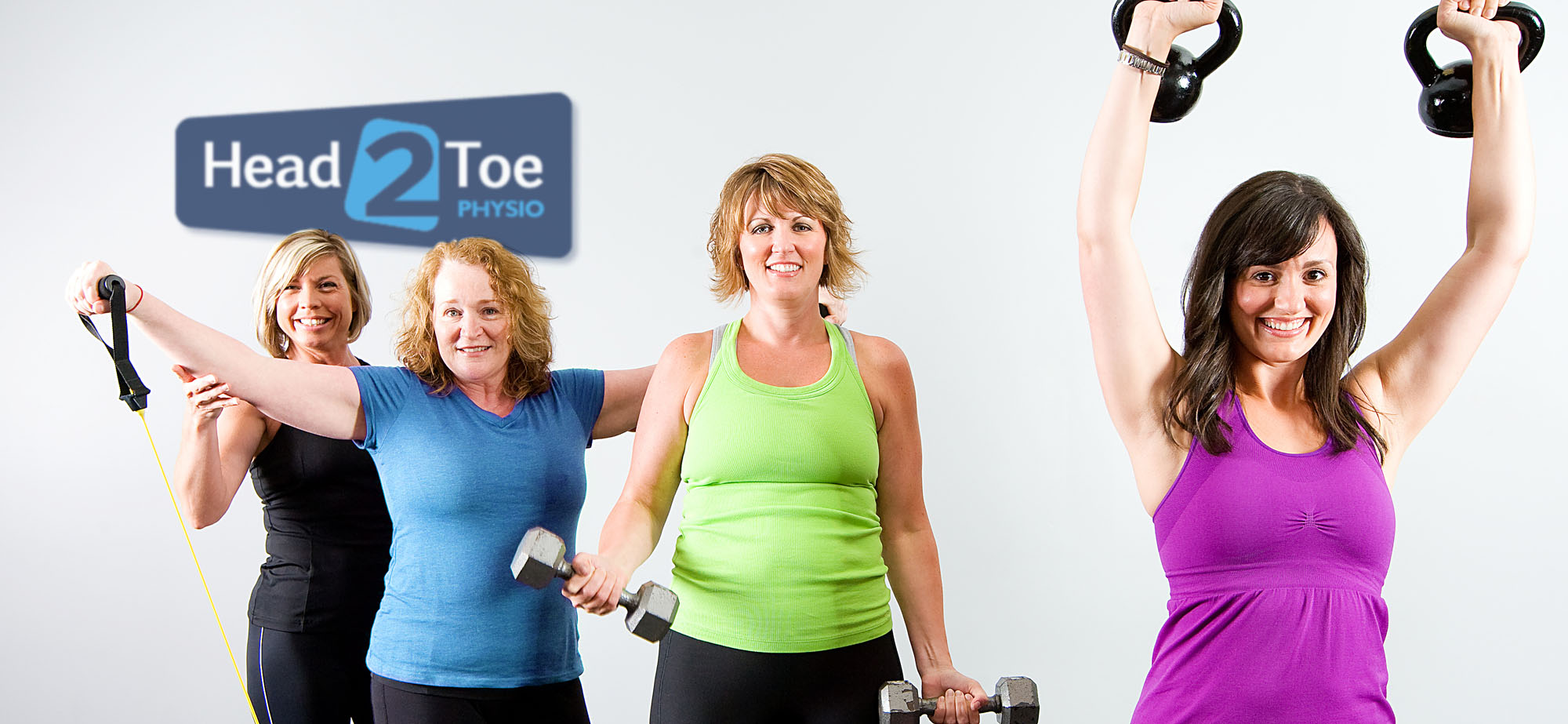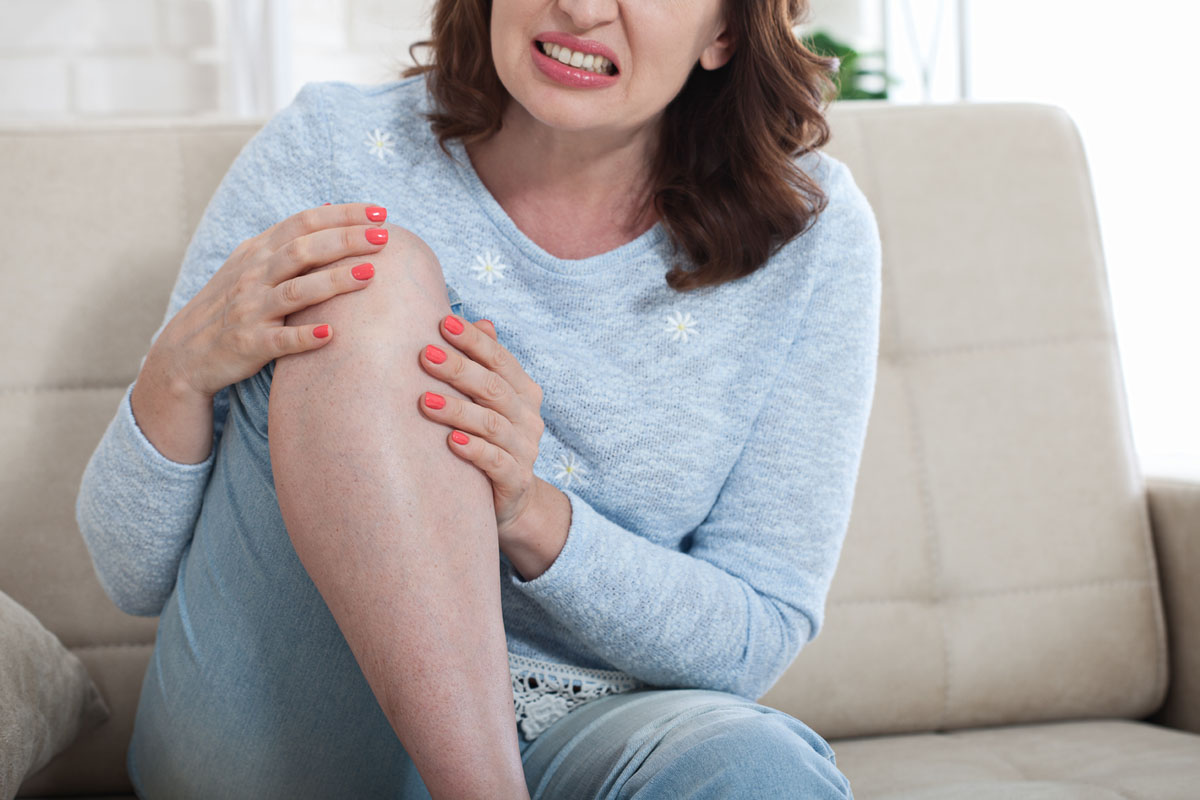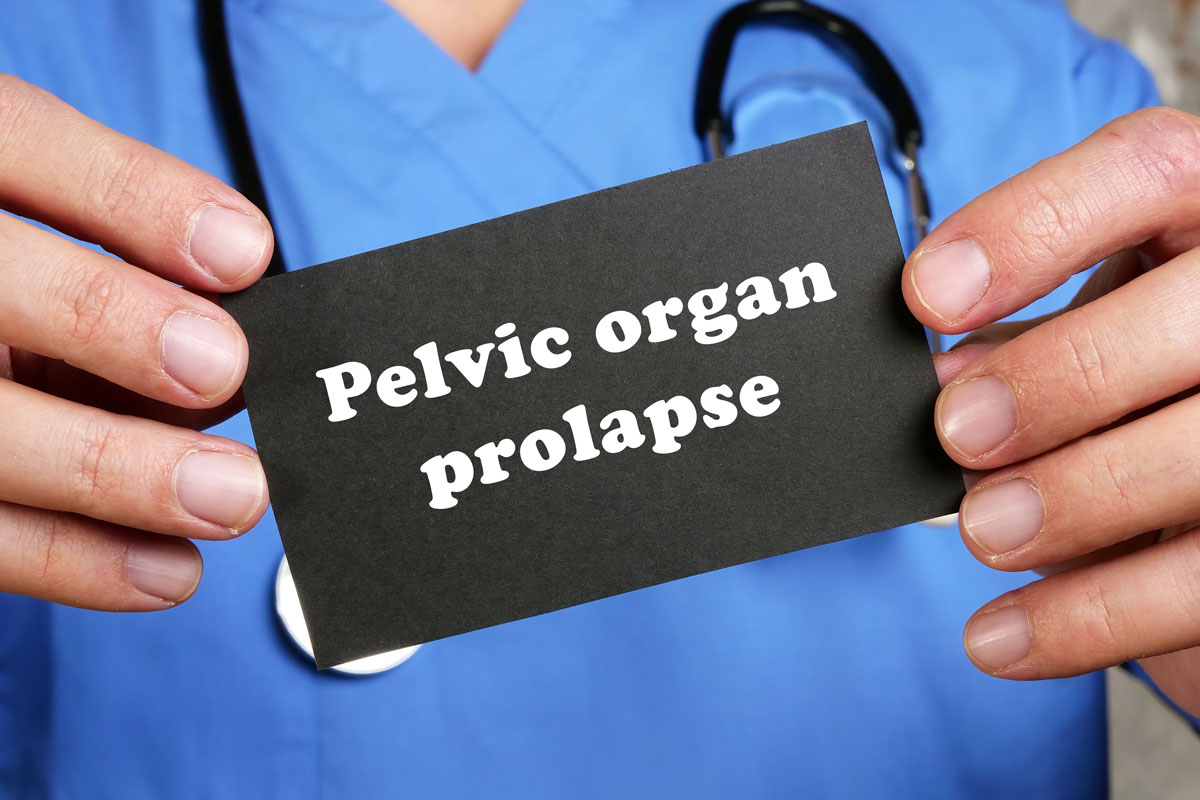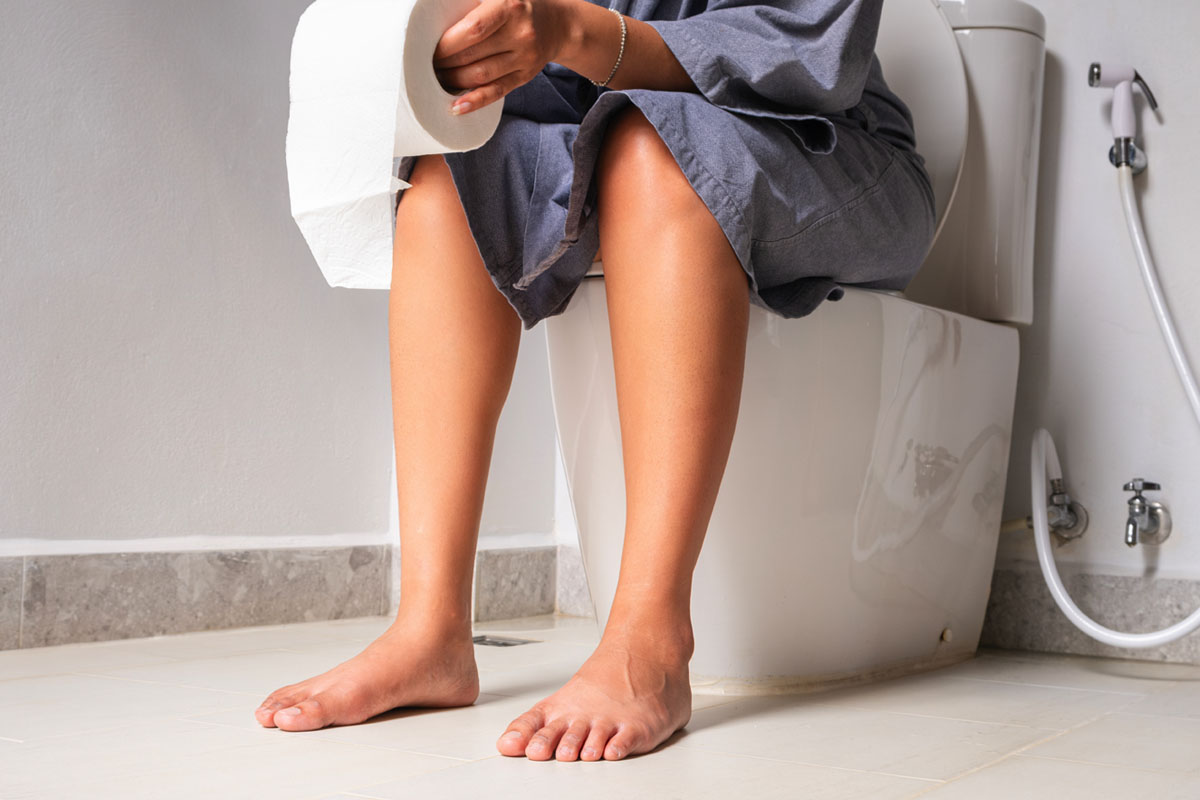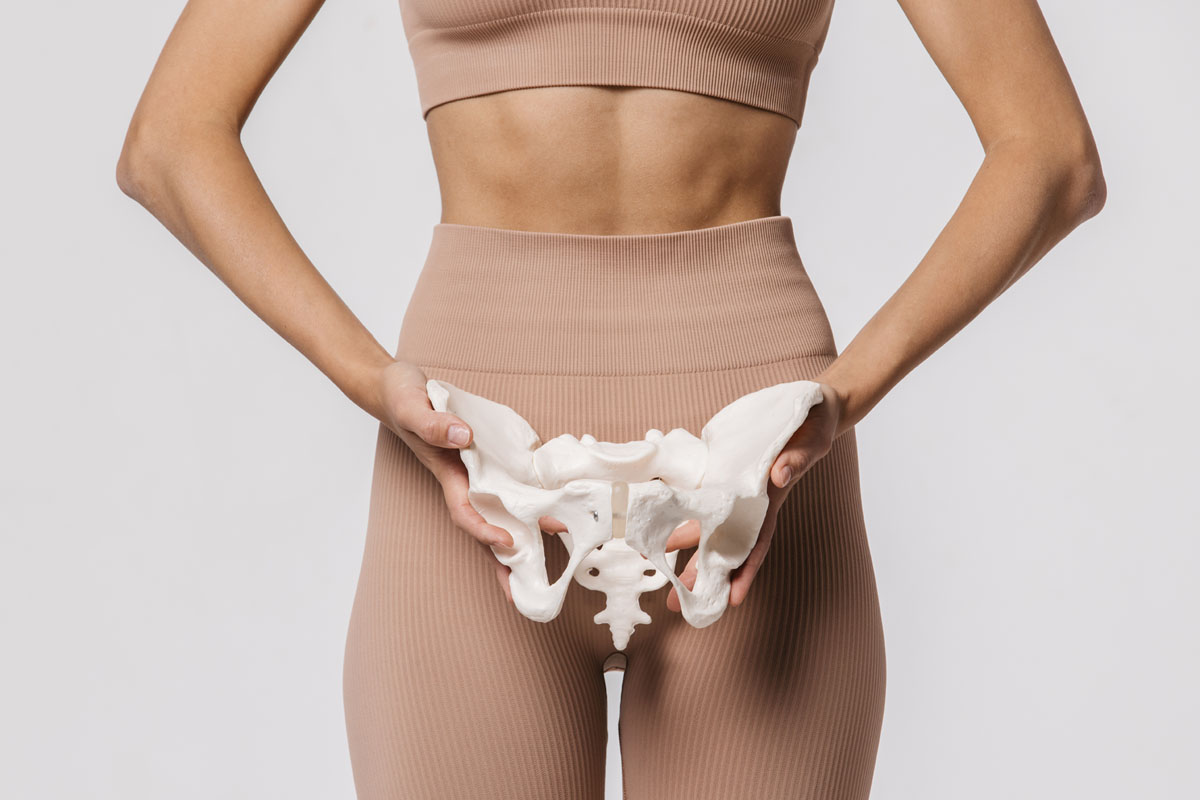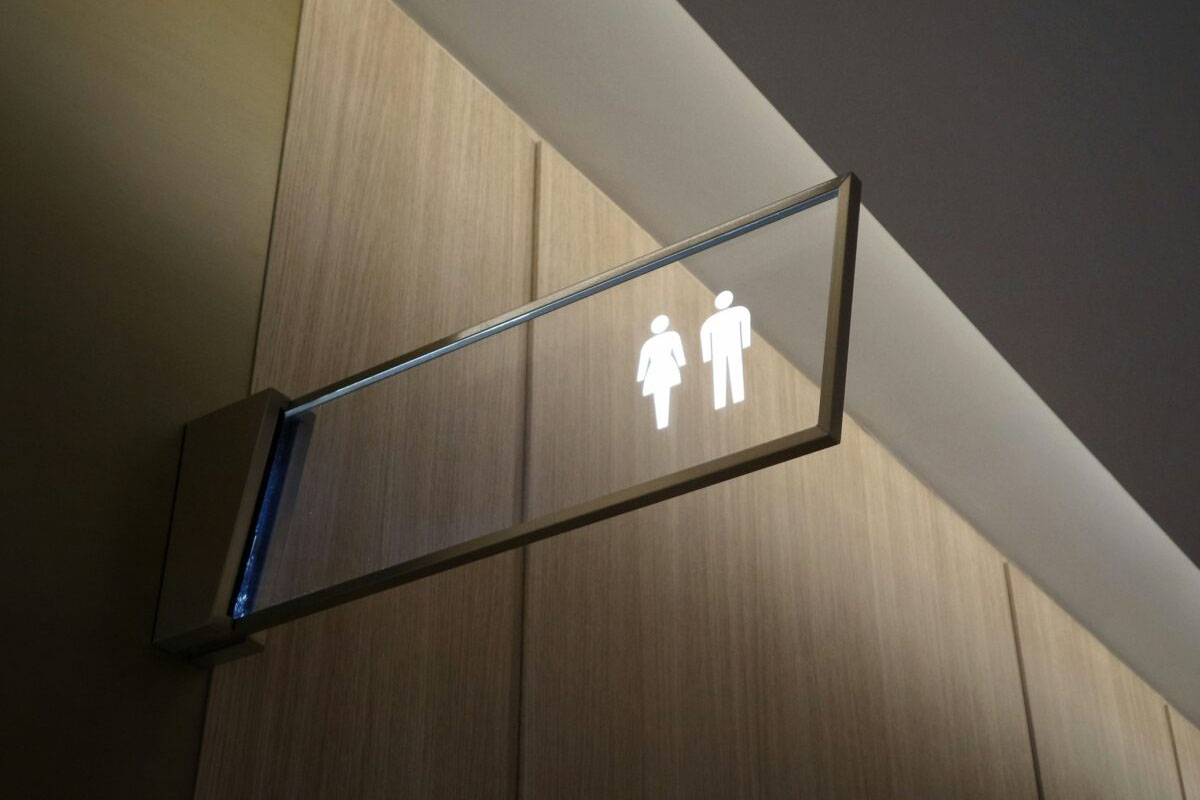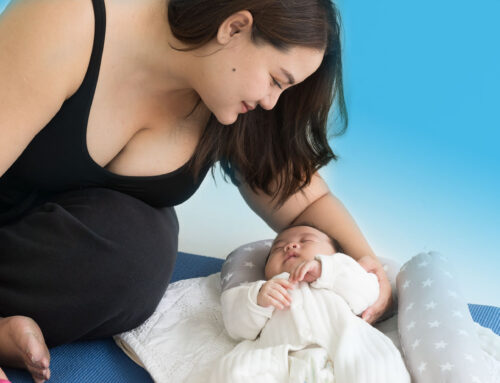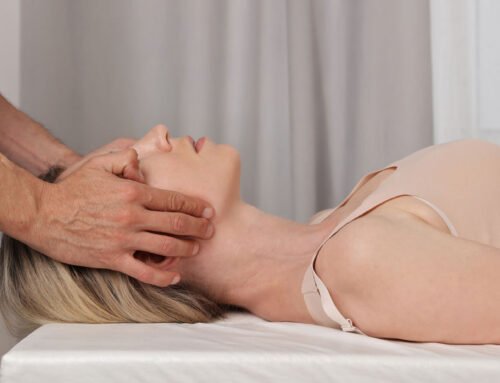Treatment Information
Women’s Pelvic Health Physiotherapy
What is Women’s Health or Women’s Pelvic Health Physiotherapy?
Women’s health physio is a specialist area of physiotherapy encompassing any woman related problem. From pregnancy to menopause and beyond, our specialist women’s health physio team are here to discuss your needs, giving you a holistic approach to musculoskeletal disorders.
Our frequently asked questions about Womens Health Physio?
Women may benefit from Women’s Health Physiotherapy at various life stages, such as during pregnancy, postpartum recovery, menopause, or when experiencing pelvic floor issues, pain, or incontinence.
Gynaecological physiotherapy focuses on treating conditions related to the pelvic floor, reproductive health, menopause related dysfunctions and women’s health issues. It helps with problems such as incontinence, pelvic pain, prolapse, and recovery after childbirth or surgery.
It is beneficial for women experiencing pelvic floor dysfunction, urinary or bowel incontinence, pelvic pain, sexual dysfunction, or issues related to pregnancy, menopause, or post-surgical recovery.
Common conditions include:
- Menopause related dysfunctions
- Pregnancy related Msk pain
- Post or pre-natal rehabs & pelvic floor
- Bladder & bowel health (constipation, incontinence, frequency)
- Urinary incontinence
- Pelvic organ prolapse
- Pelvic pain syndromes (e.g., endometriosis, interstitial cystitis)
- Diastasis recti (abdominal separation)
- Painful intercourse (dyspareunia)
- Recovery from C-section or hysterectomy
The physiotherapist takes a detailed history of your problem and medical history, discusses symptoms, and may perform a physical examination, including an assessment of the pelvic floor muscles. This helps develop a personalized treatment plan.
Techniques may include:
- Pelvic floor exercises
- Manual therapy (massage, mobilization)
- Postural and core stabilization exercises
- Education on bladder and bowel habits
Most treatments are not painful. If discomfort occurs, the physiotherapist works with you to adjust techniques or exercises to ensure they are tolerable and effective.
In many countries, we accept self-referrals, but some insurance plans might require it for coverage. Check with your healthcare provider or insurer.
Yes, it can address issues like pelvic girdle pain, back pain, and incontinence during pregnancy and prepare the pelvic floor for childbirth.
The duration varies depending on the condition and its severity. Some issues may improve within a few sessions, while others require longer-term treatment over weeks or months.
Absolutely. All consultations and treatments are conducted in a private, professional setting with strict adherence to confidentiality.
Women’s Health Physiotherapy focuses on the assessment and treatment of conditions specific to women, including pelvic floor dysfunction, prenatal and postnatal issues, incontinence, pelvic pain, and musculoskeletal concerns.
Yes, Women’s Health Physiotherapy is specialized in addressing pelvic floor dysfunction, including conditions like pelvic organ prolapse, urinary incontinence, and pelvic pain.

